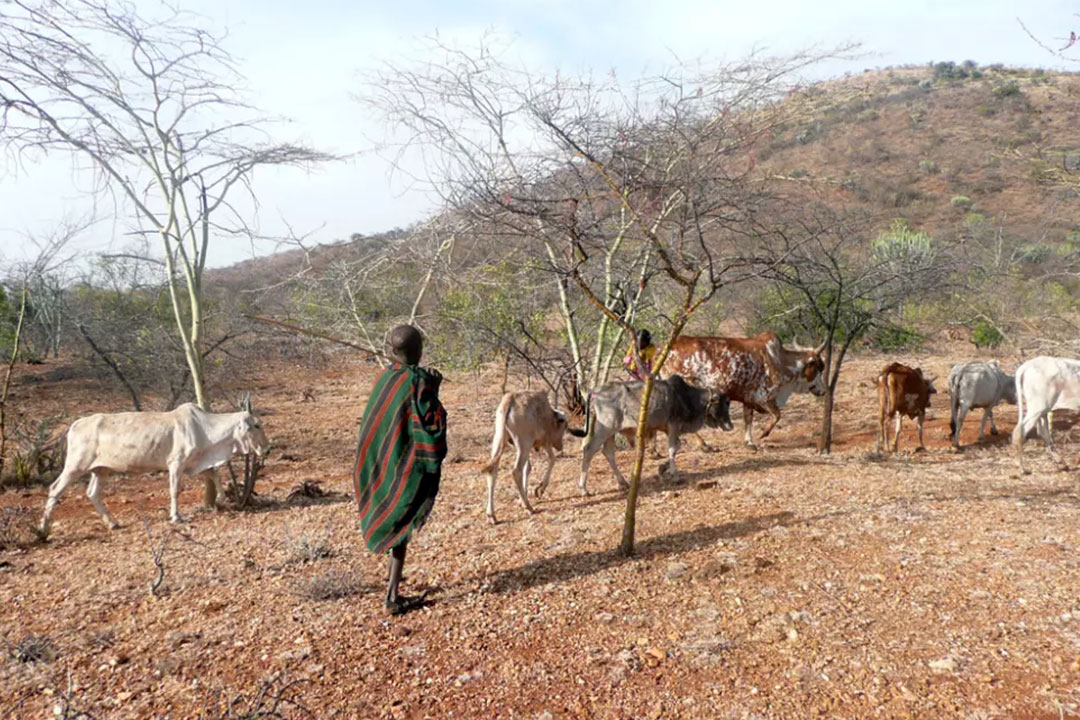The result has been hunger, famine and outright poverty in most parts of the country and a spike in the prices of agricultural produce, leaving about two million at the mercy of government, development partners and other organisations for food relief.
It is, therefore, not surprising that climate change is dominating the International Fund for Agricultural Development (IFAD) regional implementation workshop on financial inclusion for rural development.
The state minister for microfinance, Kyeyune Haruna Kasolo, told the delegation at Speke Resort Munyonyo on May 22, that for Uganda to harness the untapped potential in the agricultural sector, external challenges like climate change have to be addressed.
“The climatic catastrophes have even encroached on the government budget because we had to look for money to feed our people amid other competing priorities,” he added.
Access to cheap credit
Minister Kasolo further argued that for farmers to be financially included, they must have access to cheap credit from which they can borrow not only to extensively produce but also to add value to their products so as to be competitive.
However, the lack of access to affordable credit has greatly hindered agricultural financial inclusion as over 70 per cent of the total population is directly or otherwise engaged in agriculture.
“Only 14 per cent of our population operate an account in a bank and, without an account, you are not in the money economy,” Kasolo said, describing those not in the money economy as spectators.
Without money to help this population access cheap credit to fertilise their soils, irrigate their crops and add value, the consequences will manifest in the economy.
The minister of Agriculture, Animal Industry and Fisheries, Vincent Ssempijja, concurred with his counterpart, adding that improvement of the livelihoods of rural communities has everything to do with provision of affordable credit to farmers.
It is wishful thinking, Ssempijja said, for a country to expect the rural communities to engage in investment activities if they continue to be financially excluded.
The IFAD regional director for East and Southern Africa, Sana Jatta, lauded the efforts of Project for Rural Financial Inclusion in Rural Areas (PROFILA), a government of Uganda and IFAD programme to provide rural finance to farmers through savings and credit cooperatives (SACCOS) and community savings and credit groups (CSCGs).
Jatta said PROFILA was created in 2013 with an aim of increasing household income and improving food security in rural areas, adding that he was pleased that the programme is beginning to post results despite the biting climate change.
“Access to credit not only gives rural farmers an upper hand over climate change, it also adds to their adaptation mechanisms to climate change challenges as they arise,” he noted.
Since 1979, IFAD has financed 16 rural development programmes and projects in Uganda for a total cost of $1.4 billion with $385.7 million of its own resource benefitting directly nearly five million households.
The four-day workshop, which ends on May 25, will review the implementation of IFAD-funded projects in East and Southern Africa. It will also look at ways to foster the transformation of rural economies and communities, as well as improving rural development interventions that provide rural people a way out of hunger and poverty.

